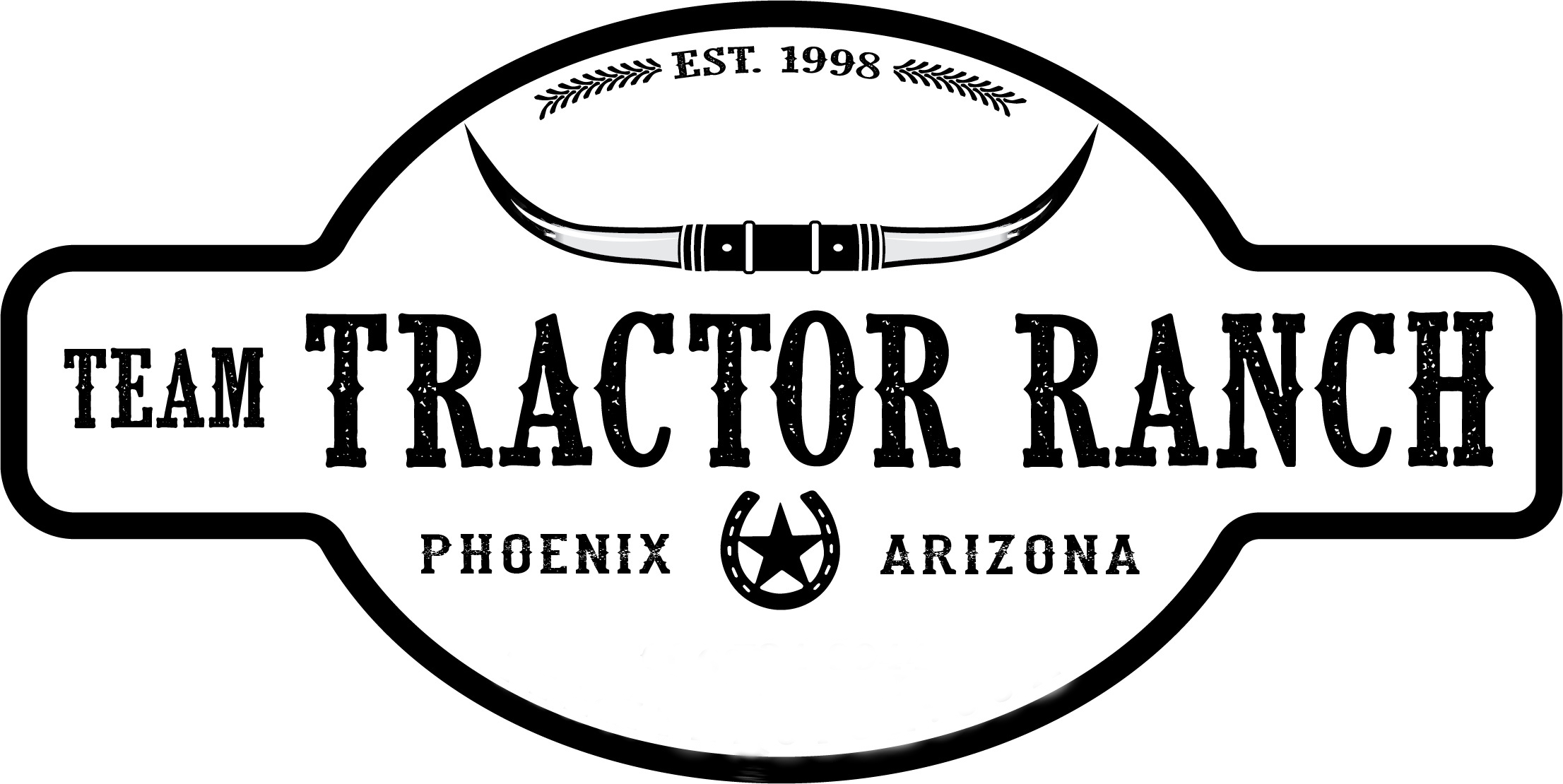How the Tractor Chip Shortage is Impacting Farms
When COVID-19 was declared a pandemic by the World Health Organization (WHO), it wasn’t clear to producers what that would mean for the demand for agricultural products. In Canada, we faced challenges such as an increased demand for wheat flour and a decreased demand for dairy, leading to dumping.
In a different industry, the world’s silicon chip manufacturers expected demand for electronic devices to decrease, and so production of these essential components was slowed down. Very soon, however, demand not only increased, but it began to outpace the rate of production. This shortage of chips began to affect many other industries, including agriculture, which uses a lot of advanced technology.
WHAT’S A CHIP ANYWAY?
Chips are small pieces of silicon used in electronic devices; they are “the brains” of these devices. They look simple, but they contain as many as thirty layers of circuitry and are essential components to computers, vehicles, machinery, and so many of the other gadgets and devices which define modern society.
What are the risks?
The impacts of a chip shortage manifest in several ways, with delays in the production and delivery of electronic components, devices, and equipment amongst the most notable. This of course has already had economic repercussions. Chips being so small, it may not seem like they have much importance, but in a digitized, automated world such as ours, the cascading impacts present new challenges to almost every industry and consumer.
What does it mean for farmers?
For farmers, the chip shortage and labour strikes have caused delays in obtaining new or upgraded on-farm technology, including tractors, drones, or livestock management systems. Other shortages, including in cardboard and plastics, have slowed the delivery of commonly used farming inputs, such as pesticides and herbicides, and farmers have reported receiving equipment orders in parts instead of all at once, posing a challenge to business planning and regular day-to-day operations.
Unless farmers have backup equipment or a neighbour is willing to lend a hand, farm operations may be delayed or even stopped, which affects not only their livelihood, but the available food supply. This issue is only magnified by the feeling among many consumers that food prices, which were already high, have increased substantially, which has the potential of changing consumer habits.
Here are some of the risks for agriculture posed by supply chain disruptions:
- Keeping livestock on-farm for longer than planned, risking health and welfare
- Delayed harvests, risking quality loss
- Increased cost of production
- Decreased or lost sales
- Spoilage
With the chip shortage impacting farmers largely by delaying the delivery of new equipment, many have turned to the used market. This has been a viable avenue for some, but because of the increased demand for used farm equipment, the cost has become higher than buying new before the shortage.
With farm equipment becoming more and more technical and computerized, the ability for farmers to repair and maintain equipment themselves has become more challenging, which can exacerbate the risks mentioned above.
What can farmers do to manage risk?
Managing risks that are external to the farm is challenging because they are outside the farmer’s control. In this scenario, risk management means closely monitoring your equipment and ensuring regular maintenance to reduce the need for parts or replacements. Because it is sometimes impossible to avoid replacing farm equipment, and the delays to receive new equipment can be substantial under the circumstances, many farmers have been making greater use of social media to network with other farmers in their region in order to rent or share equipment, thereby ensuring the collective success of their neighbouring farmers.
Keeping a close eye on world events is also important so that farmers can prepare for other risks that may impact their farms. Including these activities in an on-farm risk management plan could save time and money.
If you need any further help or have any questions about service, tractors, implements, Yanmar, or anything else equipment-related, please contact your dealer, local mechanic, or call us at 602-734-9944. Please ask about our current new and used tractor supply.
If you are looking for old, vintage, classic, or new tractor parts, send us a part request.
Team Tractor Ranch - #1 Tractor Dealer in Arizona. We sell and service most major brands of tractors including Yanmar, Kubota, John Deere, TYM, Mahindra, Kioti, Case, New Holland, Massey Ferguson, Ford, Deutz, Case IH, Farmall, International Harvester, Branson Tractors, LS, Shibura, Claas Tractor, McCormick Tractors, Valtra, Solis, YTO, Montana, and Nortrac.
